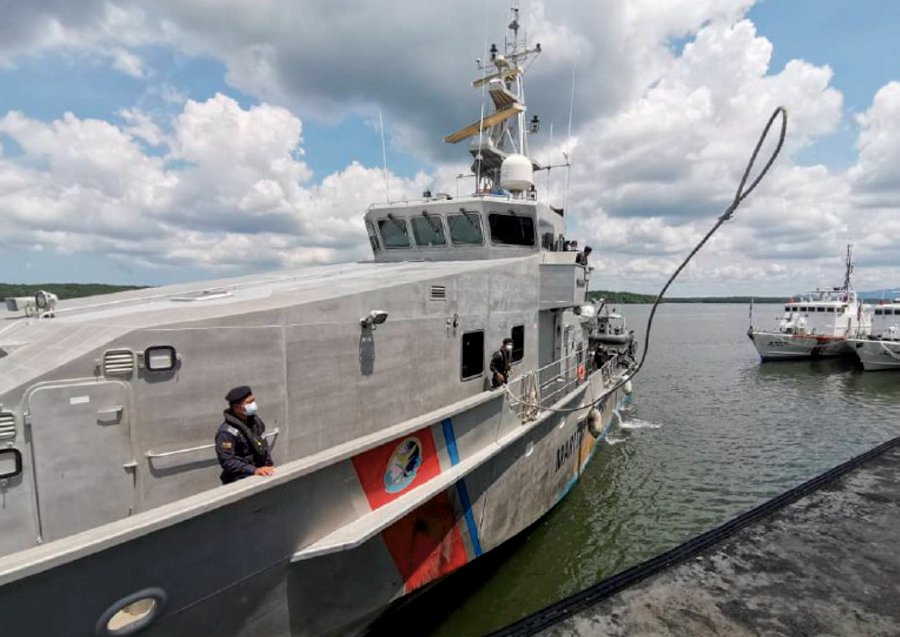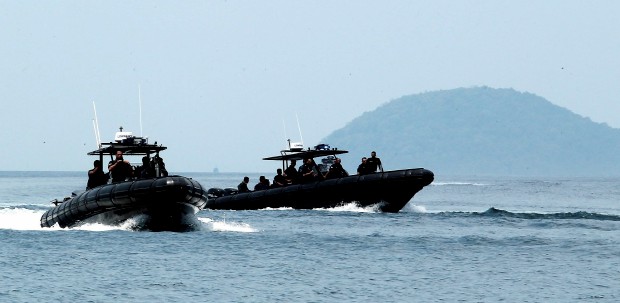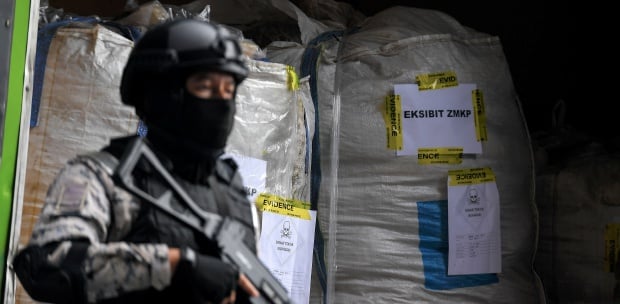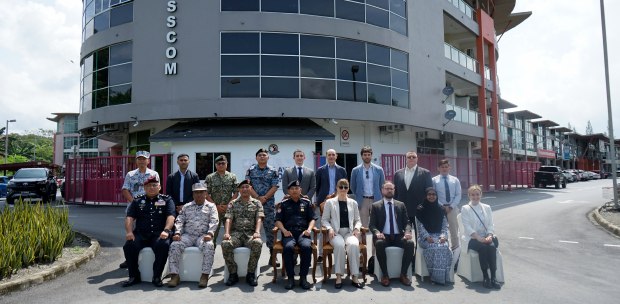PORT KLANG: Malaysia needs to bolster its maritime security to protect the country's territorial integrity, thwart increasing threats from intrusions and large-scale illegal fishing.
Bait Al Amanah founding director Dr Abdul Razak Ahmad called for greater defence and security investment for the Armed Forces to enhance its capabilities to safeguard the country's maritime assets and resources.
He cautioned that failing to do so would leave Malaysia's long coastline and exclusive economic zone (EEZ) vulnerable to exploitation by other parties, including the depletion of the country's fish stocks.
"Illegal fishing is an indicator of weak maritime territorial security, therefore Malaysia needs to beef up its ability to carry out operations in taking up arms against the illicit act of exploiting our marine life.
"The consequence will badly impact the food security of our people because the sea is not only a crucial resource for livelihood, but a valuable source of protein.
"The fishing industry is also a crucial source of employment, especially for rural Malaysians," said Abdul Razak, whose organisation is an independent and neutral research institute on various topics.
Abdul Razak also cautioned of China's activities of land reclamation to build islands around the Spratly's archipelago in the South China Sea.
"This has a great impact not only on concerns over depletion of fish stocks but also on the environment.
"While Malaysia and China enjoy a robust economic relationship, this must not be at the expense of Malaysia's interests in the South China Sea.
"The development of Chinese and regional maritime forces cannot be ignored by Malaysia's officials and it is an additional incentive for the improvement of our own armed forces," said Abdul Razak.
He added that while the political will of the government to be vocal in defending Malaysia's national interest was important, it was equally important to ensure the Armed Forces were adequately equipped to perform their task effectively and independently.
"With proper protocols and in compliance with international maritime law, Malaysia's armed forces should have complete authority to execute their duties. The execution of duty within the Malaysian fisheries waters - all waters comprising the interior, the territorial sea and the EEZ - allows Malaysia to exercise sovereign and exclusive rights over fisheries.
"With this clarity in mandate, we should have moved past the issue of permitting the armed forces to play their role effectively," he said.
Abdul Razak added that Malaysia should also consolidate its ability to carry out their surveillance and enforcement operations.
"Its mandate is best served with the procurement and use of the most advanced defence technology and sophisticated naval defence system for a formidable force.
"This will help Malaysia mitigate not just illegal fishing but maritime piracy as well," Abdul Razak said.
The issue of illegal fishing, he added, had been under the spotlight of late, in part due to rising food prices, including fish.
"This is blamed due to dwindling fish stocks following large scale illegal fishing in Malaysian waters by foreign vessels," said Abdul Razak.
He cited recent reports quoting the National Fishermen's Association chairman Abdul Hamid Bahari estimating a decline of up to 70 percent, or more than a million tonnes, down to about 300,000 tonnes a month.
A Fisheries Department official had blamed unreported and unregulated fishing activities as the reason for the decline, Abdul Razak said.






